Anger vs Frustration | What’s the Difference?
Anger and frustration are emotions that everyone experiences, yet they are often misunderstood and lumped together.
While they may seem similar, they are distinct feelings with different triggers and outcomes. Understanding the differences between anger vs frustration is key to managing them effectively and improving emotional well-being.
Frustration usually arises when one encounters obstacles or feels stuck, whether it’s dealing with a stubborn coworker, running into traffic, or facing a situation where progress feels impossible.
It’s that sense of being blocked from achieving a goal, often leading to impatience or irritation.
Anger, on the other hand, is more intense. It typically stems from a perceived wrong, threat, or injustice.
When anger strikes, it can lead to explosive reactions if left unchecked, but it also has a protective side; it pushes us to act when we feel attacked or mistreated.
In a fast-paced world like ours, knowing how to tell the difference between these emotions can help you address them in healthier ways.
This blog will explore the complexities of anger and frustration, how they manifest, and practical strategies to manage both.
Whether dealing with work stress or personal challenges, understanding these emotions can make all the difference in your relationships and mental health.
What is Frustration?
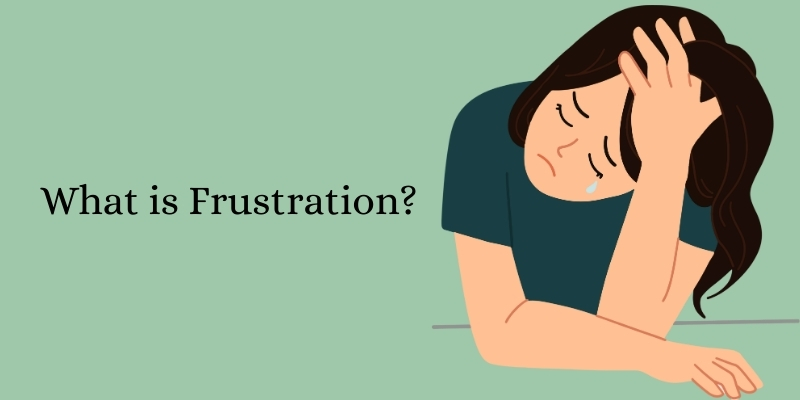
Frustration is an emotional response that arises when obstacles block one’s goals or desires. Unlike anger, frustration is often rooted in helplessness or an inability to control a situation.
It can occur when expectations don’t align with reality, leaving you stuck in a loop of unmet desires or unfulfilled plans.
For example, you might feel frustrated when a work project doesn’t go as planned despite your efforts or when someone repeatedly misunderstands you.
Frustration is more about internal conflict, where the struggle lies between what one wants and what one can achieve at the moment.
Frustration may not always manifest physically as strongly as anger, but it can still take a toll. You might feel restless or tense or even experience a mental fog that makes concentrating difficult.
If not addressed, prolonged frustration can escalate into more intense emotions like anger, resentment, or even anxiety.
Frustration can also have a cumulative effect. Minor annoyances, when unresolved, can build up, making you feel overwhelmed. However, frustration is not all negative.
It can signal to reassess your strategies, seek alternative solutions, or take a step back to approach challenges with a clearer mindset.
What is Anger?
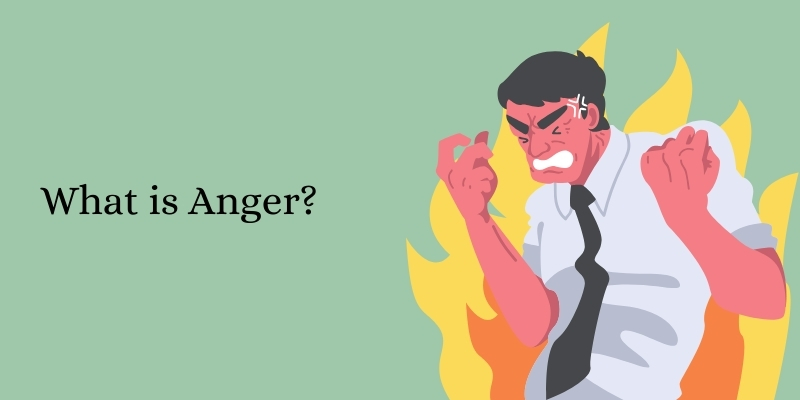
Anger is a powerful emotion that responds to perceived threats, injustice, or frustration.
It is a natural and instinctive reaction, often aimed at defending oneself or asserting boundaries when one feels wronged, attacked, or misunderstood.
Anger can range from mild irritation to intense rage and is influenced by individual temperament, life experiences, and situational factors.
From a physiological perspective, anger activates the body’s fight-or-flight response.
When angry, the brain signals the release of stress hormones like adrenaline and cortisol, leading to increased heart rate, faster breathing, and heightened alertness. This biological response prepares the body to confront or escape a perceived threat.
While anger is a normal and healthy emotion, its intensity and expression vary widely.
For some, anger manifests as shouting, slamming doors, or other outward displays. Others might internalize their anger, which can lead to bitterness or resentment.
Unmanaged anger can have negative consequences on personal relationships, mental health, and physical well-being.
Chronic anger issues are associated with issues such as high blood pressure, headaches, and an increased risk of heart disease. Emotionally, it can lead to guilt, regret, or isolation if it damages connections with others.
However, anger isn’t always destructive. When channeled constructively, it can motivate change, helping to address injustices or find solutions to problems.
Recognizing and managing anger effectively is essential for maintaining emotional balance and fostering healthy interactions with others.
Understanding frustration as a distinct emotion helps manage it more effectively, ensuring it doesn’t morph into destructive patterns.
Difference Between Frustration and Anger
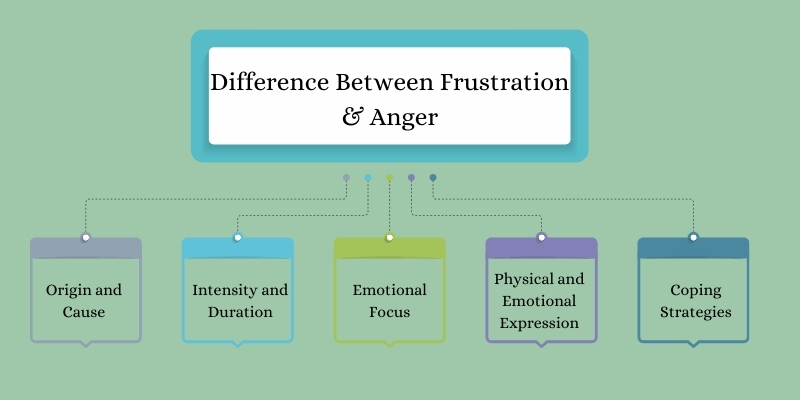
Frustration and anger are closely related emotions but differ in origin, intensity, and expression. Understanding these distinctions is essential for managing both emotions effectively.
1. Origin and Cause
Frustration arises when an individual encounters obstacles that prevent them from achieving a goal or fulfilling a need. It is often linked to unmet expectations or feelings of helplessness.
For example, being stuck in traffic when running late can lead to frustration because the situation is beyond your control.
Anger, on the other hand, is a reaction to perceived threats, injustice, or harm. It is triggered when a person feels wronged, disrespected, or endangered.
For instance, being cut off by another driver might evoke anger as it feels like an intentional disrespect or endangerment.
2. Intensity and Duration
Frustration tends to be less intense than anger and often simmers below the surface. It can accumulate over time, especially when multiple obstacles are encountered without resolution.
Anger is generally more intense and immediate. It can escalate quickly, leading to physical and emotional reactions such as yelling, tension, or aggression.
3. Emotional Focus
Frustration is usually directed at situations or circumstances, such as a malfunctioning device or slow internet speed.
Anger is often directed at people or perceived injustices, such as a coworker’s rude comment or unfair treatment.
4. Physical and Emotional Expression
Frustration might manifest as sighing, fidgeting, or feelings of defeat. If unresolved, it can lead to irritability or restlessness.
Anger, however, tends to provoke a stronger physiological response, including an increased heart rate, tense muscles, and heightened energy. It may result in shouting, clenched fists, or other outward displays.
5. Coping Strategies
Frustration can often be managed by finding alternative solutions, adjusting expectations, or practicing patience.
Anger requires strategies to calm the body and mind, such as deep breathing, stepping away from the situation, or seeking conflict resolution techniques.
Here is a table reflecting the key differences between frustration and anger:
| Aspect | Frustration | Anger |
| Definition | A feeling of being upset or annoyed due to obstacles preventing achievement of goals. | A strong emotional reaction to perceived threats, injustices, or provocations. |
| Trigger | Occurs when expectations or goals are unmet or blocked. | Arises when a person feels wronged, threatened, or attacked. |
| Emotional Intensity | Generally milder and more controlled. | Often intense and can escalate quickly. |
| Focus | Typically directed at a situation or oneself. | Can be directed at people, objects, or situations. |
| Physical Symptoms | Restlessness, irritability, and mild tension. | Increased heart rate, clenched fists, and physical tension. |
| Expression | May manifest as sighing, withdrawal, or passive behavior. | Can lead to shouting, aggression, or other outward expressions. |
| Duration | Often short-term and fades once the obstacle is removed. | Can be long-lasting and lead to grudges or resentment. |
| Psychological Effects | Creates a sense of helplessness or inadequacy. | Evokes a sense of injustice or desire for retaliation. |
| Behavioral Response | Motivates problem-solving or persistence. | May result in impulsive or destructive actions if uncontrolled. |
| Associated Emotions | Often linked with disappointment or confusion. | Frequently tied to resentment or hostility. |
| Management | Addressed by adjusting expectations or problem-solving. | Requires strategies like deep breathing, communication, or therapy. |
While frustration stems from unmet goals and is more passive, anger is a response to perceived threats and is more reactive. Both emotions are natural and can coexist, but understanding their differences is key to addressing them effectively and maintaining emotional balance.
Strategies for Managing Frustration and Anger
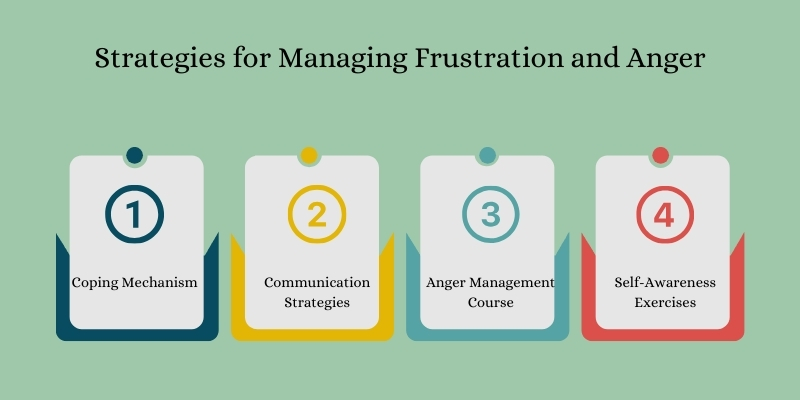
Frustration and anger are natural emotions, but they can harm relationships, productivity, and overall well-being if not managed effectively.
Recognizing these emotions and adopting constructive coping strategies is essential for maintaining emotional balance.
Here are key strategies to help manage these feelings and transform them into positive actions.
1. Coping Mechanism
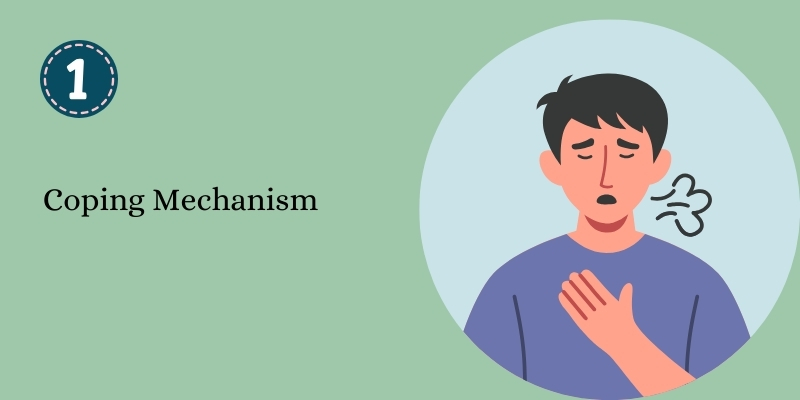
A coping mechanism is a conscious method to handle stress, frustration, or anger without resorting to destructive behaviors.
Start by identifying the root cause of your emotions. Are you frustrated due to unmet expectations or angry because of a perceived injustice? Once identified, apply healthy outlets like physical activity, journaling, or practicing mindfulness.
Deep breathing is a foundational tool. When you feel anger or frustration building, pause and take slow, deep breaths to center yourself.
Similarly, engaging in hobbies like drawing or gardening can redirect your energy. Coping mechanisms aren’t one-size-fits-all, so find what works best for you.
2. Communication Strategies
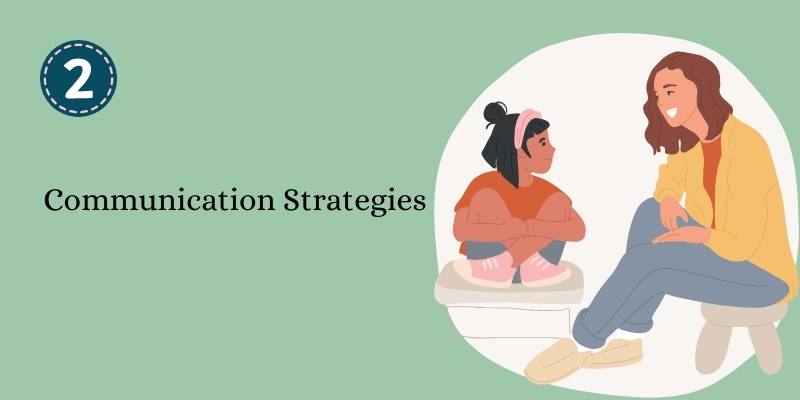
Effective communication can prevent frustration and anger from escalating. When addressing issues, use “I” statements to express feelings without blaming others.
For instance, say, “I feel upset when deadlines are missed,” rather than, “You never meet deadlines.”
Practice active listening to ensure the other person feels heard. Avoid interrupting, and repeat back their points for clarity.
Open-ended questions can also help uncover the root of the problem. Non-verbal cues like maintaining eye contact and calm tone are equally important for constructive dialogue.
3. Opt for an Anger Management Course
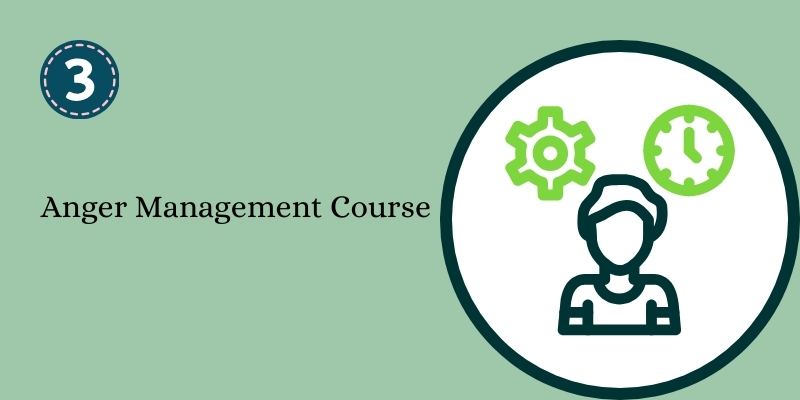
An anger management course can provide structured strategies to deal with intense emotions.
These courses teach tools like relaxation techniques, emotional regulation, and conflict resolution. They often include anger assessment and real-life scenarios to practice skills in a supportive environment.
Anger management programs are ideal for individuals struggling to manage their reactions or those seeking to improve interpersonal relationships.
These courses also promote long-term emotional growth, helping participants prevent future episodes of frustration and anger.
4. Self-Awareness Exercises
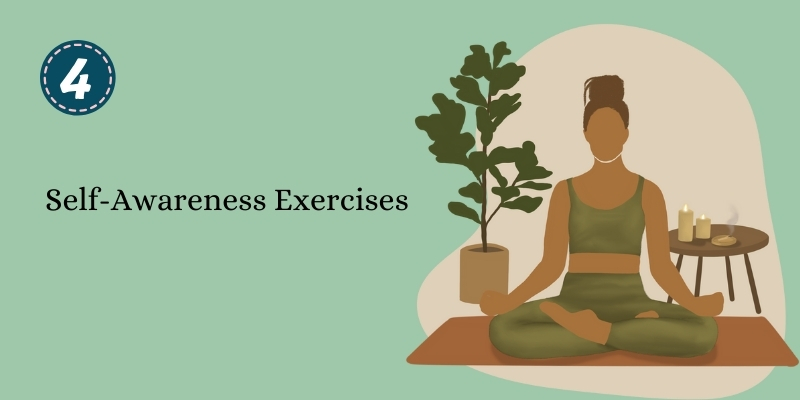
Self-awareness is key to managing emotions effectively. Exercises like journaling can help track triggers and patterns of frustration and anger. Reflecting on these entries allows for better understanding and proactive responses in similar situations.
Mindfulness practices, such as meditation, also enhance self-awareness. They encourage you to observe your thoughts and feelings without judgment, promoting a sense of calm.
Anger management exercises can help you deal with the physical signs of stress or anger, like clenched fists or shallow breathing.
Adopting these strategies allows you to channel frustration and anger into constructive actions, improving personal and professional relationships while fostering inner peace.
Frequently Asked Questions (FAQs)
Is frustrated and mad the same thing?
No, frustration and being mad are not the same. Frustration arises from unmet expectations or obstacles while being mad involves intense anger, often directed at someone or something.
Is anger and frustration the same thing?
Anger and frustration are related but distinct. Frustration is a feeling of irritation caused by blocked goals. At the same time, anger is a stronger emotional response, often involving aggression or hostility.
What comes first, frustration or anger?
Frustration typically comes first. It arises when something prevents progress or fulfillment, and prolonged or intense frustration can escalate into unresolved anger.
Can you be frustrated and not angry?
Yes, it’s possible to feel frustrated without being angry. Frustration is more about disappointment or irritation, while anger involves a more intense emotional reaction.
What is the psychology behind frustration and anger?
Frustration occurs when there is a perceived obstacle to goals that trigger stress. Anger often follows when frustration builds or when the obstacle feels unfair, engaging the fight-or-flight response.
Conclusion
Understanding the differences between anger vs frustration is essential for managing these emotions effectively.
While frustration often arises from unmet expectations or obstacles, anger is a more intense emotional reaction that can escalate if frustration isn’t addressed.
Both emotions serve important purposes, such as signaling the need for change or action. However, when left unchecked, they can negatively impact relationships, health, and overall well-being.
Coping strategies, such as effective communication, self-awareness exercises, and structured anger management courses, are invaluable tools for addressing these emotions constructively.
Individuals can prevent frustration from boiling over into anger by learning to identify triggers and practicing healthy responses.
Techniques like mindfulness, relaxation, and open dialogue also help foster emotional resilience and improve personal and professional relationships.
Managing frustration and anger is not about suppressing emotions but understanding and addressing them in a healthy way.
Whether you’re dealing with frustration at work, anger in personal relationships, or both, implementing coping strategies can lead to greater emotional control and overall happiness.


2 Responses